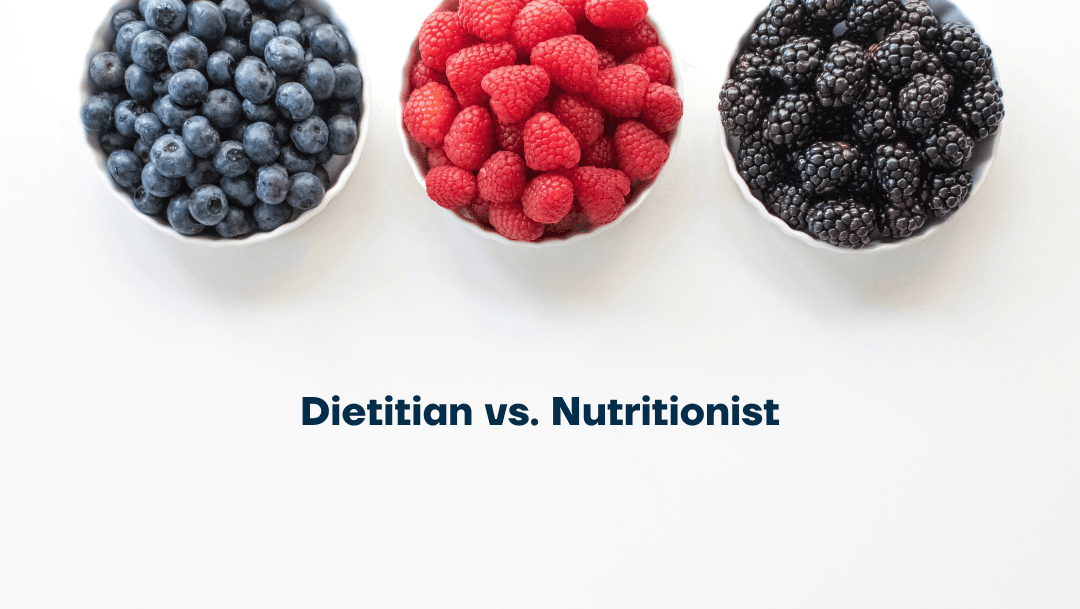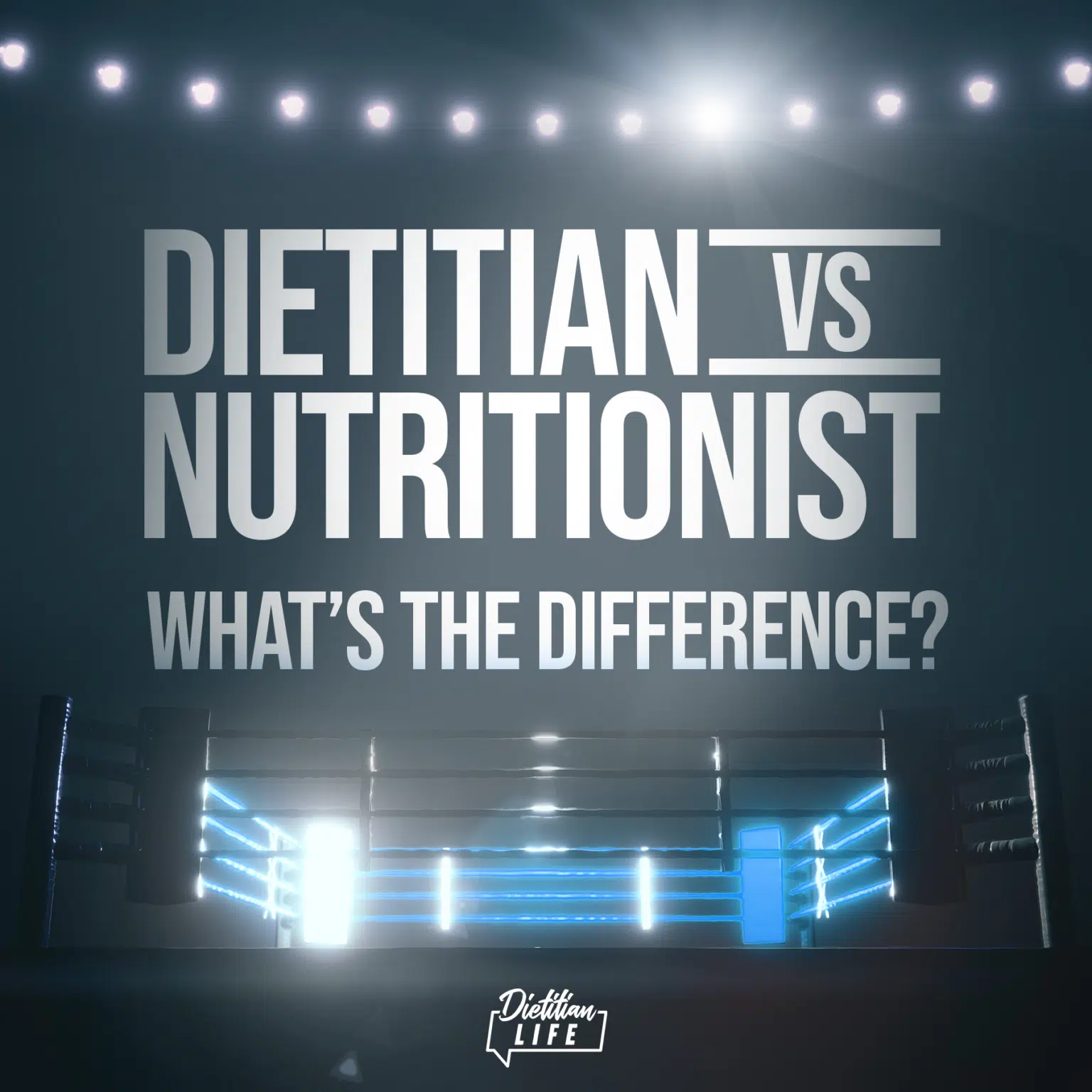All Categories
Featured
Table of Contents
-1
In the United States and numerous various other nations, a dietitian is a board-certified food and nourishment specialist. They are very enlightened in the field of nutrition and dietetics the science of food, nutrition, and their impact on human health and wellness. Through extensive training, dietitians obtain the know-how to provide evidence-based clinical nutrition therapy and nutritional counseling customized to fulfill a person's needs.
-1To earn these qualifications dietitians-to-be need to initially gain a bachelor's degree or comparable credits from an accredited program at a college or college. Normally, this needs an undergraduate scientific research degree, consisting of training courses in biology, microbiology, organic and inorganic chemistry, biochemistry and biology, composition, and physiology, as well as even more specialized nourishment coursework.
Vegan Dietitian – Stirling
-1This enables them to analyze severe demands, focusing on dangerous problems. Inpatient and outpatient dietitians also provide nutrition education and learning to individuals with specialized demands, such as those freshly out of surgery, in cancer treatment, or detected with persistent health problems like diabetes or kidney condition. In the outpatient setup, they give extra comprehensive nutritional therapy functioning towards a nutrition-oriented goal.
-1They can likewise promote for public laws with a focus on nourishment, food, and wellness problems. Research dietitians normally work in study hospitals, companies, or universities. They run within a research study team headed by a primary detective and perform nutrition-focused interventions. Once dietitians have earned their credentials and are operating in the area, they can take place to concentrate on a certain subcategory, such as pediatrics or sports dietetics.
-1They might additionally teach in a scholastic or research study establishment or discuss nutrition-related subjects. Others might function as health and wellness and nourishment experts in media or as speakers. Dietitians are certified to handle nutrition therapy throughout a span of intense and persistent problems. The type of problems they deal with depends most on the setup of their practice.
Certified Holistic Nutritionist (Churchlands )
-1In numerous states, such as Alaska, Florida, Illinois, Maryland, Massachusetts, and Pennsylvania, RDs and CNSs are granted the exact same state license, usually called a Qualified Dietitian Nutritionist (LDN) license. In states that do not manage using this term, anyone with a passion in diet plan or nutrition might call themselves a nutritionist.
-1Since uncredentialed nutritional experts usually do not have the know-how and training for medical nourishment treatment and nourishment counseling, following their advice could be thought about damaging (). Prior to getting in touch with a nutritional expert, you might wish to examine whether your state controls who may utilize this title. In the U.S. states that do not manage the term, no degrees or credentials are called for to be a nutritional expert.

-1
In states that do mandate licensure, the CNS or RD credential might called for. Those with CNS qualifications are health experts like nurses or doctors with innovative wellness degrees who have sought additional coursework, finished monitored technique hours, and passed an exam supervised by the Board for Certification of Nutrition Specialists.
-1While a few of these techniques may have robust clinical backing, others may not. Offering nourishment guidance without the correct knowledge and training can be damaging, particularly when counseling those with health conditions. If you are considering seeking advice from a nutritionist, you may want to ask if they are a CNS or have state licensure or certification, or another credential.
Weight Loss ( Stirling 6018)
-1Several states especially manage this term. Additionally, nutritionists may pursue a sophisticated CNS qualification.
-1It can be testing to help individuals make genuine, long-term modifications in their lives. When you obtain an effective instance, the payback can be greatly rewarding. If it's an occupation alternative that you want to pursue, there are two primary career choices available to you. Both dietitians and nutritionists give a variety of nutrition-based services to clients.
-1They must have finished some level of education in their field. They are likewise required to have finished up to a year of monitored work, functioning within a directed program at a healthcare center, catering business, or area body. Dietitians have far greater assumptions positioned on their abilities and level of professionalism and trust.
-1This means that there is no body that manages their certifications and no specifically strict guidelines that nutritionists demand to comply with in order to be able to exercise. Dietitians, on the other hand, are registered with country wide recognised bodies, such as the Dietitians Organization of Australia. They should comply with the National Competency Requirements for Dietitians.
Telehealth Nutritionist – Churchlands

-1
You can exercise as a nutritionist without the very same degree of accreditation as a dietitian. Nutritionist programs can vary in length and quality, with some as short as six weeks and covering much much less material than a dietetics course. Depending upon your education and learning service provider, you can acquire a considerable amount of expertise via examining a basic nutrition course; however it's vital to explore the training course material before commencing.
-1This can include attending market seminars or checking out market magazines. Nutritional experts, on the other hand, generally gain their credentials in order to supplement various other credentials and offer better guidance to their clients. Nutritional experts can get employment in a broad variety of areas, including public health guidance, guidance for individuals, and dealing with exclusive organisations.
-1Nutritionists can function with sporting organisations, health clubs, institutions and recommend media outlets on fundamental terms and appropriate usage of terms. Frequently, people will certainly look for the solutions of a nutritionist to assist them in obtaining right into form. Dietitians can work in a lot of the very same duties as nutritional experts. With a greater degree of certification, they can quickly go into a function that a nutritionist would hold, supplied they are or else equivalent.
Child Nutrition Guidance – Stirling 6018
-1Dietitians often function with more clinically sensitive customers. Due to the fact that of the high level of expertise called for to give solutions to these people, just certified dietitians are allowed to supply treatment.
-1In Australia there is a distinction between a dietitian and various other nutritional health suppliers consisting of nutritionists. All dietitians are nutritionists, but nutritionists without a dietetics certification can not call themselves a dietitian. While there are similarities between a dietitian and nutritional expert there are distinctions in qualifications and law. The dietetic occupation is regulated and meets stringent standards as laid out by the National Partnership of Self Regulating Health And Wellness Professions (NASRHP).
-1Dietitians with the Accredited Practising Dietitian (APD) credential dedicate to continuous training and education and learning throughout their jobs. As an occupation, nutritionists are not regulated in Australia under NASRHP or certified under a solitary governing body.
Best Dietitian For Weight Loss
-1If you have a persistent health condition and a treatment plan from your GP, you might have the ability to declare a Medicare discount when you see an APD. Find out a lot more regarding assistance with prices when seeing a dietitian. The primary purpose of individuals operating in the profession of dietetics is personified in this declaration: The career of dietetics adds to the promotion of health and the avoidance and therapy of health problem by optimizing the nourishment of populaces, areas and people.
Latest Posts
High-Quality Nutritional Support Near Me
Engaging Functional Fitness Near Me – Perth
Dependable Training Sessions Near Me